

A swimming pool is a fantastic addition to anyone's backyard. You can swim, tan, and have fun all summer long. But, what few pool owners tell you is that swimming pools need regular pool maintenance, including testing. Frequent testing is essential in preventing damage and keeping your swimming pool in great shape. This blog will answer the question, "How often should you test your pool water?" to help every pool owner care for their swimming pools. The main goal of testing pool water is to check chemical levels. You always need to know your chemical levels before adding chemicals to your pool. If you just add more pool chemicals without completing water testing, you risk having too high or too low chemical levels in your pool. High or low chemical levels can cause expensive damage and make your water unsafe to swim in. Testing is mandatory to maintain proper chemical balance. So, how often should you test your pool water chemicals? We recommend testing your pool water two to three times a week. Frequently testing your pool water will help ensure that your water chemistry is always balanced. When your pool chemistry is balanced, you can trust that your pool is in great shape, and you can swim whenever you like. Pool owners need to consider more than just pH and chlorine levels when testing their pools. Keep reading below to learn what you should include in your water testing. Chlorine is an essential parameter that helps keep freshwater clean. Low pool chlorine levels can cause cloudy water and algae blooms. We recommend you check your chlorine level every two to three days during the summer season. When you test your chlorine levels, you need to be mindful of three factors: The pH scale goes from 0 to 14, 0 being acidic and 14 being base. Every pool owner needs to keep their pH levels in check because too high or too low of pH can cause equipment to corrode. Test your pH level every week using test strips purchased from your local pool store. The optimal pH level for pool water is 7.2-7.8. Freshwater outdoor pools should have a TDS level between 1,500 to 2,000 ppm. Saltwater pools will have higher TDS levels because of the salt present. You can read more on that below. Calcium is a mineral present in pools and hot tubs, just like manganese. However, calcium can be seen by the white background or residue that it can leave on your pool liner or equipment. High calcium levels can lead to build-up in your equipment. Calcium hardness levels should be checked once a month to ensure that there is an adequate amount of calcium in your pool or hot tub. If you have a saltwater pool, you will need to measure your salt levels alongside other chemicals. Low levels will reduce the efficiency and effectiveness of your chlorinator, meaning you will have low chlorine levels. In contrast, high salt levels can cause corrosion to metal equipment. Take the time to measure your salt level using sodium chlorine test strips. The ideal salt level is anywhere from 2,700 to 4,000 ppm. Alkaline is a compound present in water, just like hydroxides and carbohydrates, except they eliminate positively charged hydrogen molecules (H+). Eliminating H+ molecules is essential because it helps lower the acidity of your water and raise your pH. Total alkalinity tests the water's ability to neutralize acids by measuring the number of alkaline substances in the water. You should test total alkalinity frequently alongside the rest of your chemicals. The ideal total alkalinity is between 80 and 120 ppm. For hassle-free swimming pool maintenance in Toronto, trust People for Pools at 647-710-8926, 1585 Britannia Rd E, Unit B3 Mississauga, ON L4W 2M4. Our trusted company offers weekly and bi-weekly pool care services, including water testing and balancing, so you can fully enjoy your pool all summer long.Why Test Your Pool Chemistry
When To Test Your Pool Water
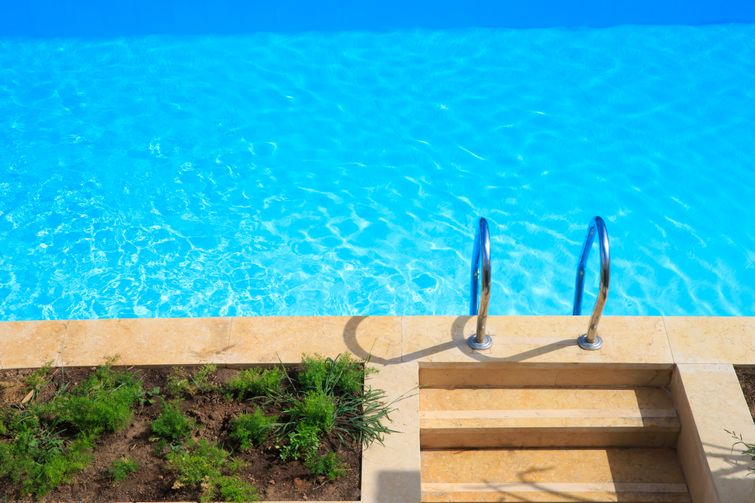
What To Check When Testing Your Water
Chlorine Levels
pH Levels
Total Dissolved Solids
Calcium Hardness
Salt Levels (Optional)
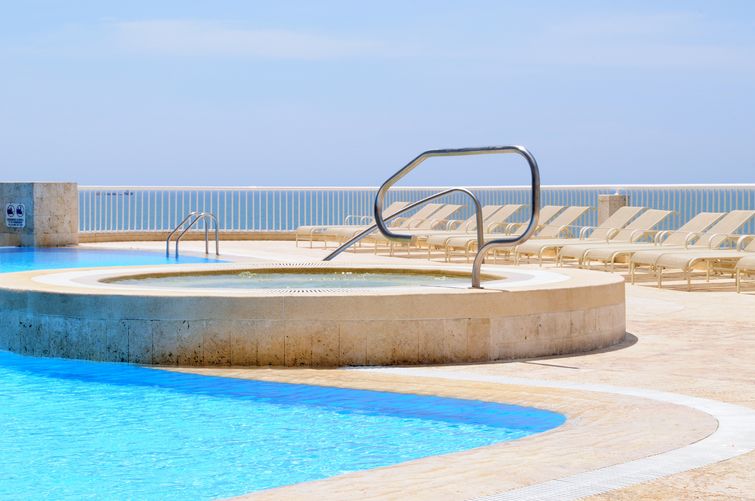
Total Alkalinity
Have Your Pool Water Tested By The Experts
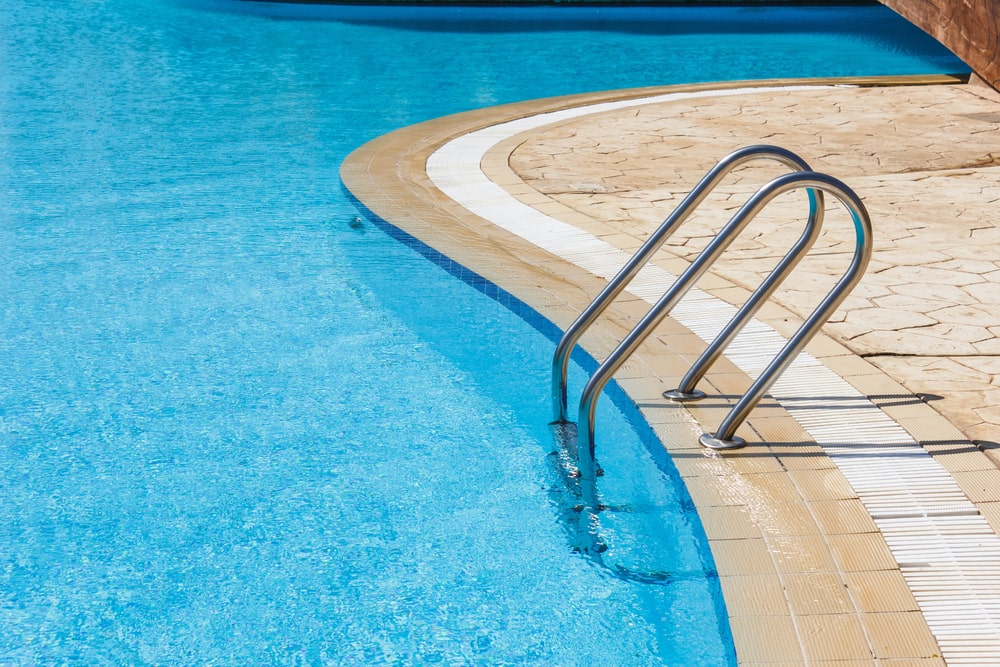
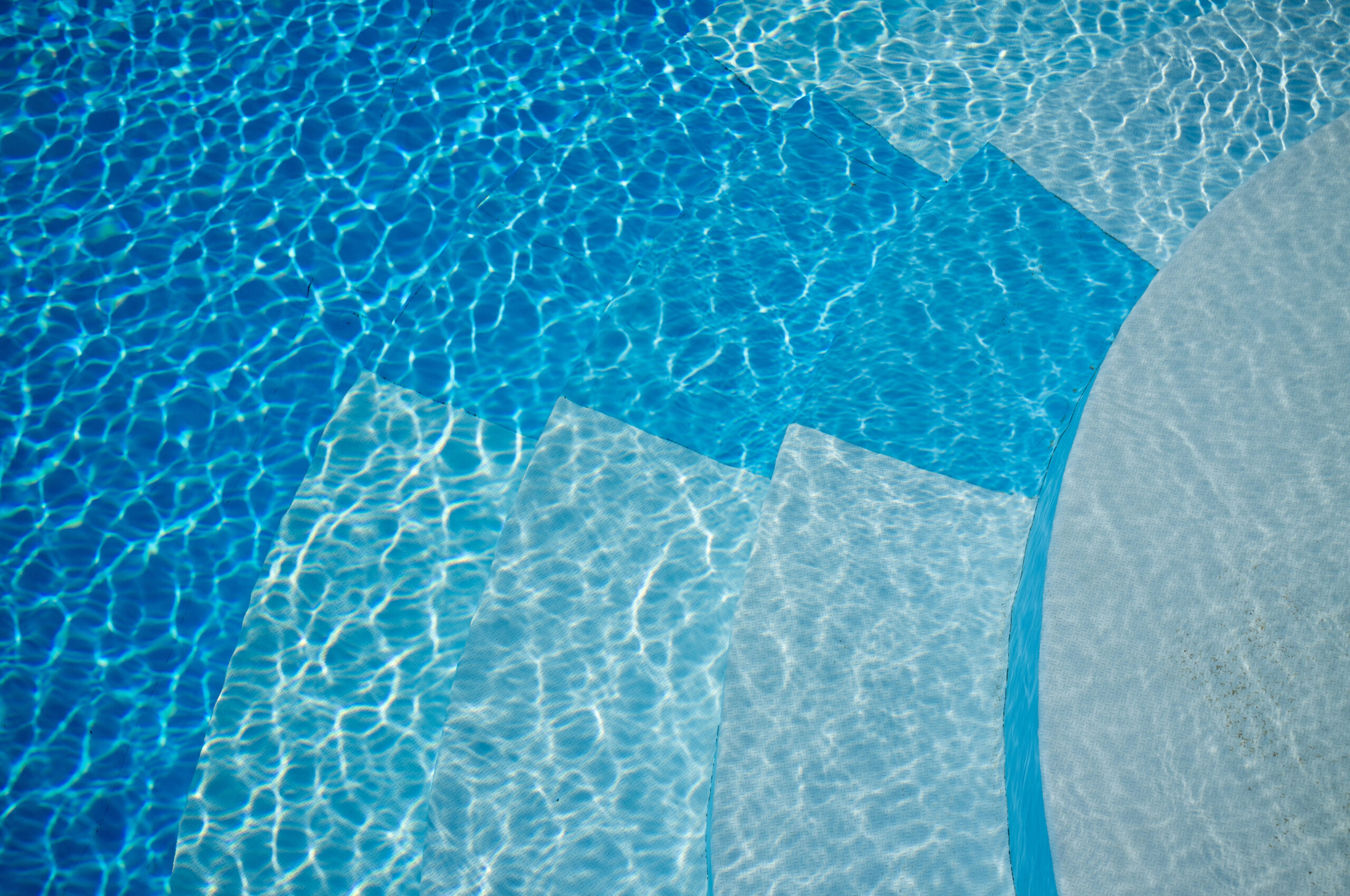
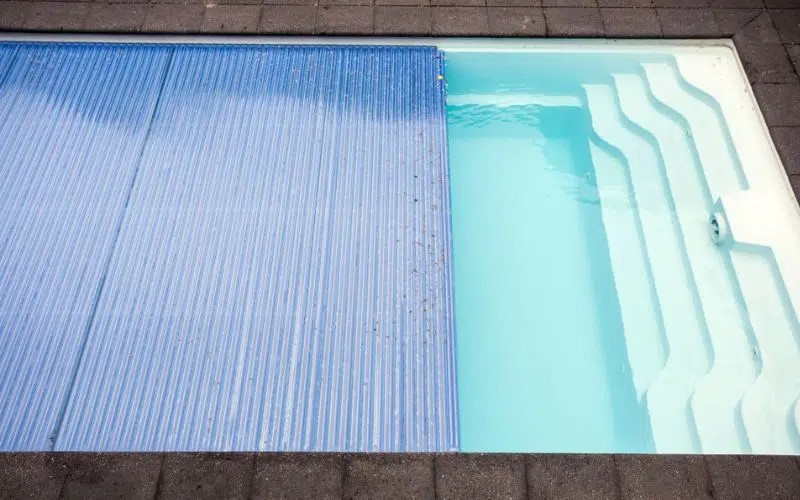
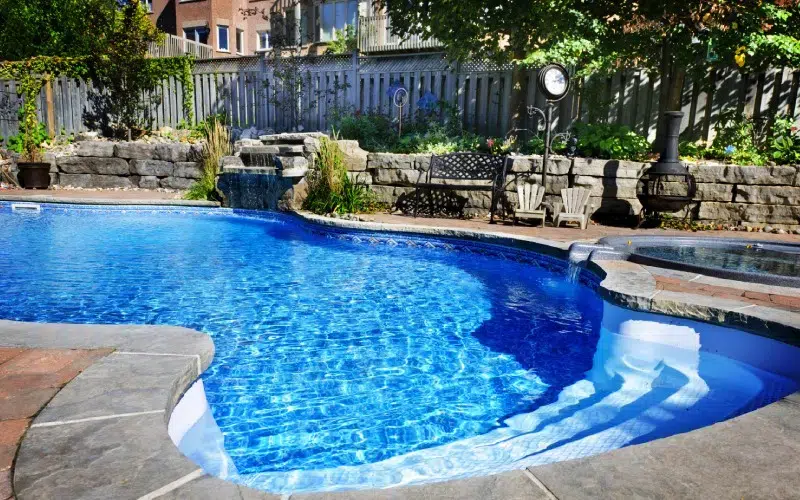
While we strive to provide as much useful information and tips as possible in our blogs, you may still have questions about your pool. That's okay! That's what we're here for. Give our team a call to discuss any questions you may have or the services you're interested in. Not only can we thoroughly answer your questions and concerns, but we can also help you regularly maintain your pool.
Give us a call, email us, or fill out and submit a form below and we'll respond promptly. We proudly service the Greater Toronto Area and can provide you with a free quote.

PEOPLE for POOLS is a professional pool company that can take care of your pool this season. Call us today to inquire about our pool maintenance service. Potential customers can receive a free quote for our services.